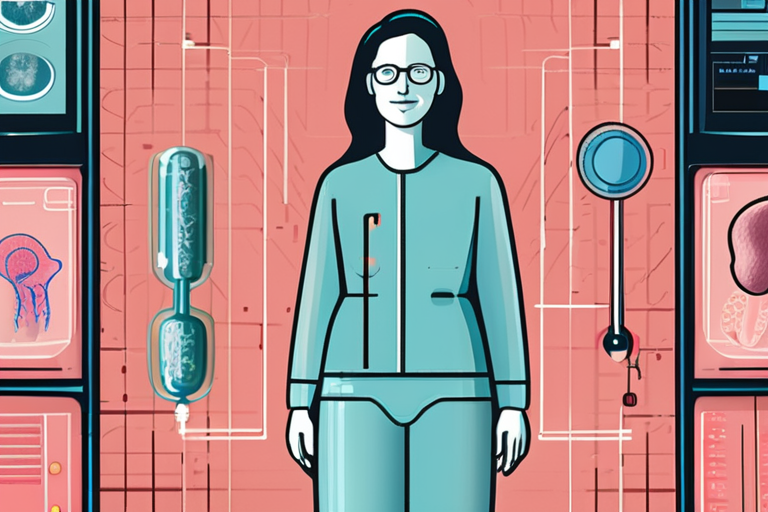In a move that has sent shockwaves through the biotech community, a West Coast entrepreneur has secured a staggering $30 million to launch a public-benefit company dedicated to studying the safety of genetically edited babies. The venture, Preventive, aims to revolutionize the field of heritable genome editing, where the DNA of embryos is modified to prevent disease. At the helm of this ambitious project is gene-editing scientist Lucas Harrington, who has outlined his plans in a blog post announcing the company's formation.
Preventive's founding is a significant development in the ongoing debate surrounding gene editing. The technology has been shrouded in controversy, with the first scientist to successfully edit human embryos, He Jiankui, facing a three-year prison sentence in China. The procedure remains banned in many countries, including the US, where regulatory bodies have expressed concerns over its safety and efficacy.
Despite the controversy, Harrington remains undeterred, driven by the potential of gene editing to prevent inherited diseases. "We're not rushing to try out the technique," he emphasized in his blog post. "Instead, we're dedicating ourselves to rigorously researching whether heritable genome editing can be done safely and responsibly."
Preventive's $30 million investment is the largest known funding for gene editing research to date. The company's financial backing comes from a mix of venture capital firms and philanthropic organizations, which have been drawn to Harrington's vision of using gene editing to improve human health. "We believe that gene editing has the potential to revolutionize the way we approach disease prevention," said a spokesperson for one of the venture capital firms involved in the investment.
Preventive's research will focus on correcting genetic mutations that cause inherited diseases, such as sickle cell anemia and cystic fibrosis. The company will also explore the possibility of installing beneficial genes to enhance human traits, such as resistance to certain diseases. Harrington has emphasized that Preventive's research will be guided by a strict set of ethics and safety protocols, designed to mitigate the risks associated with gene editing.
As the biotech industry continues to grapple with the implications of gene editing, Preventive's research is likely to have significant market impact. The company's findings could influence regulatory decisions and shape the future of gene editing research. "Preventive's work has the potential to set a new standard for gene editing research," said Dr. Jennifer Doudna, a leading expert in the field. "Their commitment to rigorous research and safety protocols is a welcome development in an area that has been plagued by controversy."
Preventive's launch marks a significant milestone in the evolution of gene editing technology. As the company embarks on its research journey, it will be closely watched by the biotech community and regulatory bodies. With its significant financial backing and commitment to safety and ethics, Preventive is poised to play a leading role in shaping the future of gene editing research.
In the coming years, Preventive's research is likely to have far-reaching implications for the biotech industry and beyond. As the company continues to push the boundaries of gene editing, it will be essential to balance the potential benefits of this technology with the risks and uncertainties associated with it. With its $30 million investment and commitment to rigorous research, Preventive is well-positioned to navigate this complex landscape and make a meaningful contribution to the field of gene editing.


























Share & Engage Share
Share this article